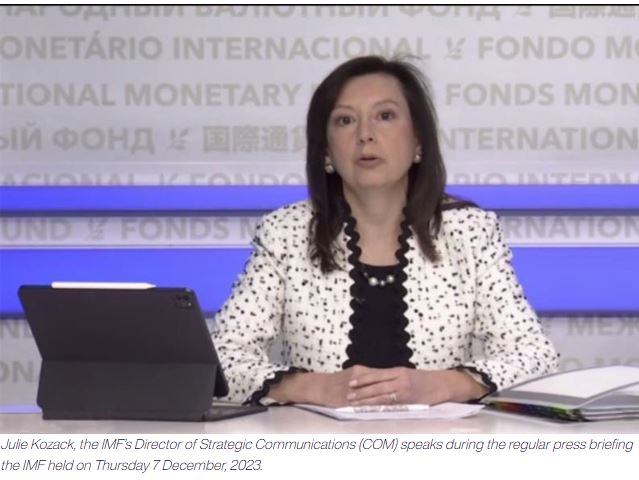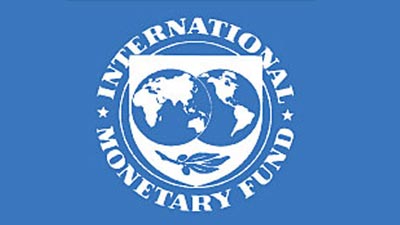The International Monetary Fund (IMF) has raised concerns about Nigeria’s insufficient revenue generation to meet its developmental needs. The IMF disclosed that the country’s nine per cent revenue to Gross Domestic Product (GDP) ratio is critically low, hindering its ability to support social safety nets, development spending, and the protection of vulnerable households.

Director of the IMF’s Communications Department, Julie Koza conveyed these observations during a press briefing on Thursday. She emphasized the importance of raising revenue to GDP ratio from the current low of nine per cent. She also highlighted that a nine per cent ratio is notably insufficient to support robust social safety nets, development spending, and to meet the broader developmental needs of the country.
The IMF referenced the Article IV Consultation held in February 2023, where concerns about Nigeria’s low revenue to GDP ratio were initially discussed. Julie Kozak stressed that creating fiscal space for social and development spending is essential, and the current revenue situation requires urgent attention.
Kozak also noted that Nigeria’s 2024 budget aims to prioritize spending, particularly in the social and development sectors. The prioritization is seen as a strategic move to address the existing gaps and enhance the country’s capacity to support crucial areas that contribute to national development.
Observers say the IMF’s observation about Nigeria’s low revenue to GDP ratio underscores the need for urgent fiscal adjustments to address the country’s developmental challenges adequately as the emphasis on prioritizing spending in the 2024 budget reflects a proactive approach to overcoming these challenges and creating a more sustainable fiscal framework.















